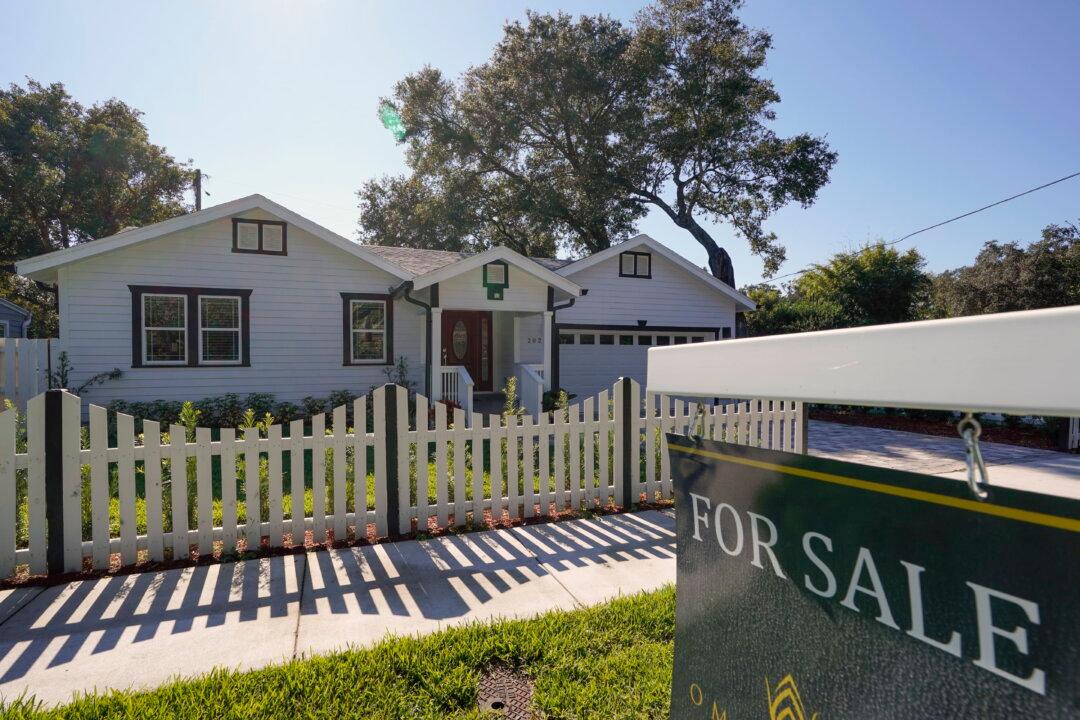Total mortgage application volume fell 2.3 percent from the previous week, with demand standing at its lowest level in 22 years, after a similar low last month, according to the Mortgage Bankers Association’s seasonally adjusted index for the week ended Aug. 12.
The Decline in Mortgage Application Volume
The decline in mortgage application volume comes after a surge in refinancing activity earlier this year. The sharp drop shows that the housing market is still struggling to recover, even though purchase applications fell only slightly, indicating that some buyers may be losing interest or finding it harder to get loans.“Mortgage application activity was lower last week, with overall applications declining over 2 percent, to their lowest level since 2000,” said Joel Kan, MBA’s associate vice president of Economic and Industry Forecasting.





